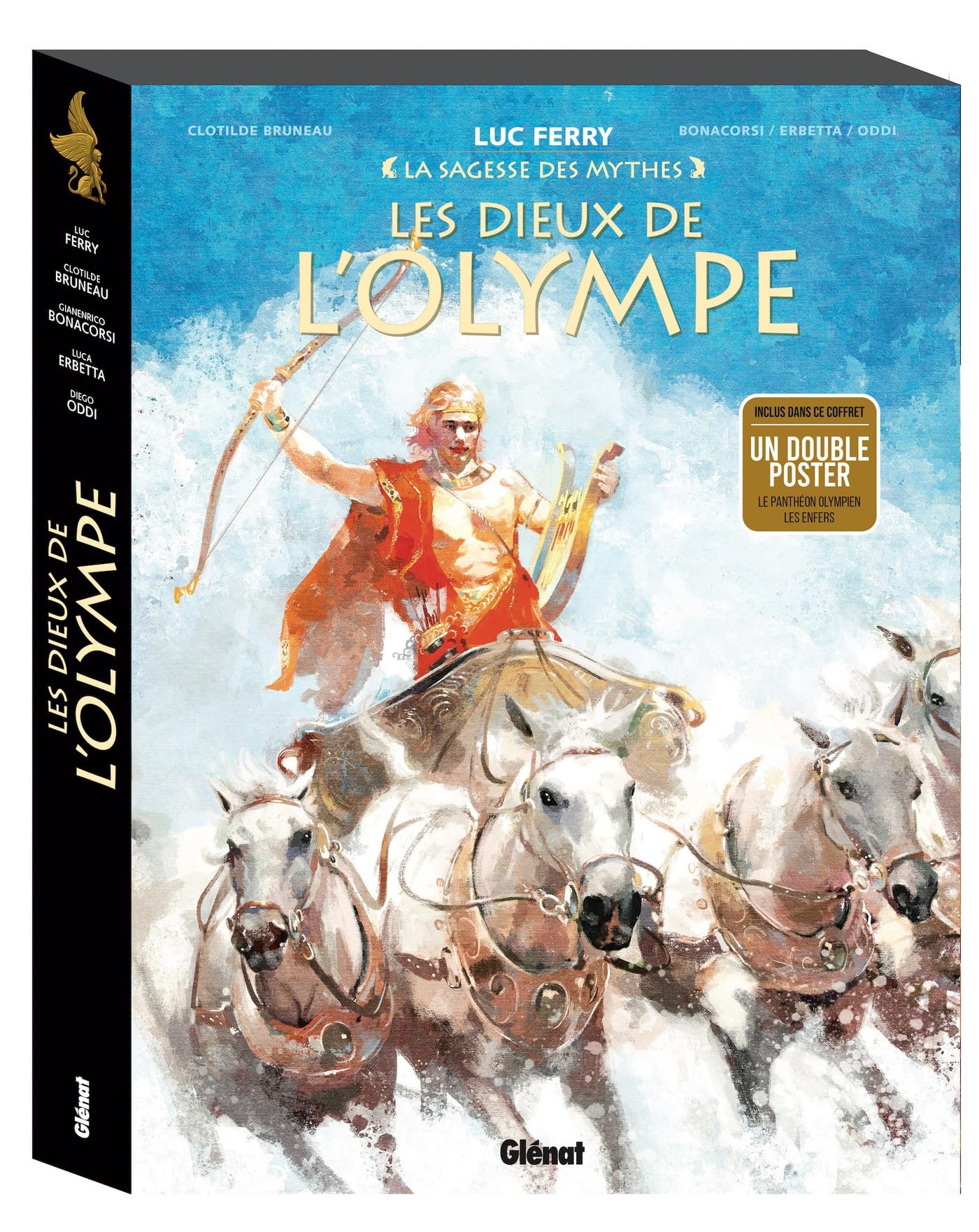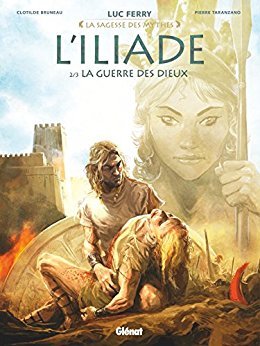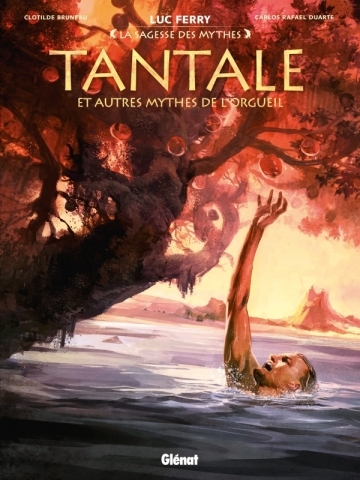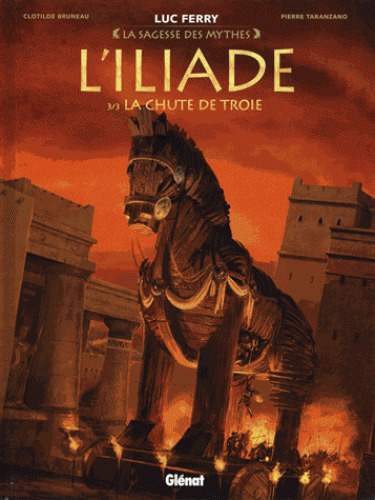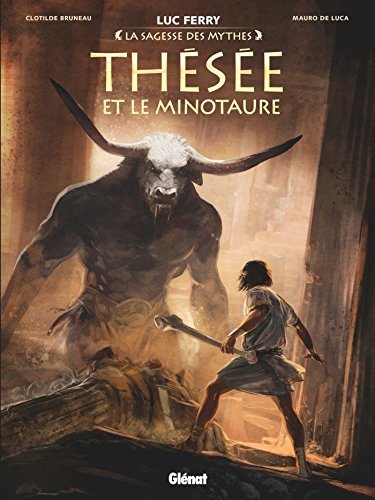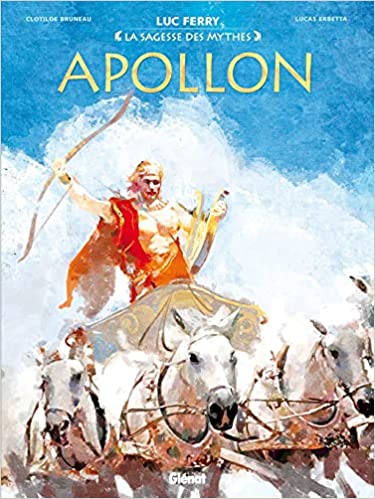
Part of Series
Fils de Zeus et de Léto, frère jumeau d’Artémis, Apollon nait dans de douloureuses circonstances avant d’établir son temple à Delphes où ses Pythies communiquent au monde leurs oracles. Parcourant le monde avec sa lyre et son arc, Apollon protège la Terre du chaos et cherche à établir l’harmonie en toutes choses. Il passe pour le plus beau de tous les Olympiens et incarne autant la lumière éclatante que l’ordre. Pourtant, quand la femme qu’il aime finit par le tromper avec un simple humain, Apollon cède à la colère et va jusqu’à tuer celle qui portait son enfant... Dieu complexe, fascinant, beau et arrogant, Apollon se laisse raconter dans un nouvel ouvrage de la collection « La Sagesse des mythes » qui revient sur les événements marquants de l’une des divinités les plus populaires de la mythologie.
Authors

Luc Ferry (born January 1, 1951) is a French philosopher and a notable proponent of Secular Humanism. He is a former member of the Saint-Simon Foundation think-tank. He received an Agrégation de philosophie (1975), a Doctorat d’Etat en science politique (1981), and an Agrégation de science politique (1982). As a Professor of political science and political philosophy, Luc Ferry taught at the Institut d'études politiques de Lyon (1982–1988) — during which time he also taught and directed graduate research at the Pantheon-Sorbonne University —, at Caen University (1989–96). He was a professor at Paris Diderot University (since 1996) but did not teach there. From 2002 and until 2004 he served as the Minister of Education on the cabinet led by the conservative Prime Minister Jean-Pierre Raffarin. During his tenure, he was the minister in charge of the implementation of the French law on secularity and conspicuous religious symbols in schools. He received the award of Docteur honoris causa from the Université de Sherbrooke (Canada). He is the 2013 Telesio Galilei Academy of science Laureate for Philosophy. He was enthroned to Chevalier De La Dive Bouteille De Gaillac on the 20 march 2012 together with Max Karoubi and Francesco Fucilla. Source: Wikipedia

